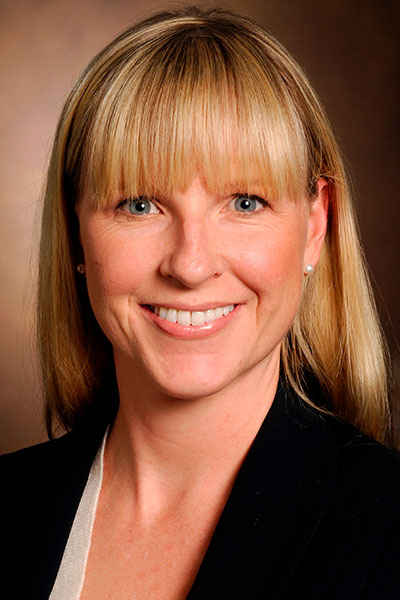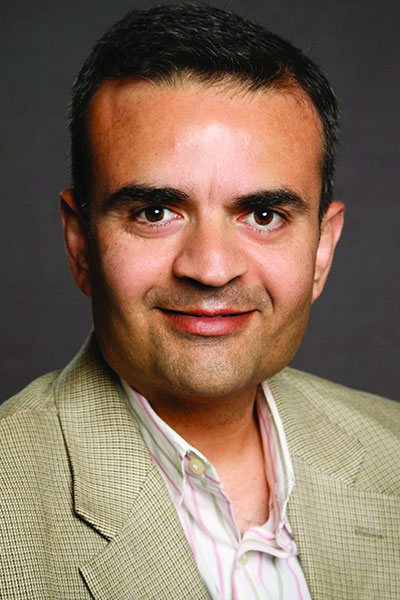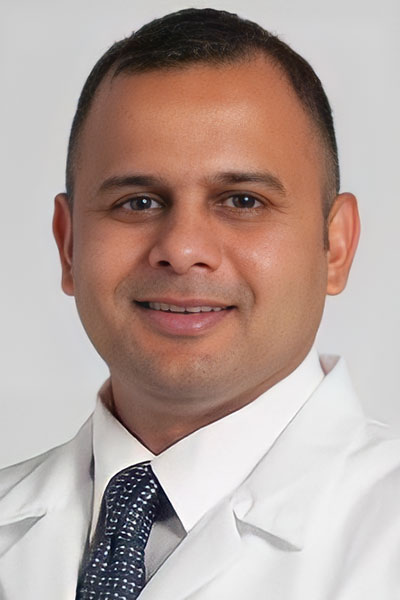
Three years into the pandemic, lessons from COVID-19 are coming into focus. So are gaps in reporting, data collection, and actionable information. Among the most glaring gaps are the longer-term sequelae of COVID infection.
“We are all seeing growing numbers of people who have survived COVID, but follow-up and outpatient management after COVID is a real evidence-free zone,” said Carla M. Sevin, MD, associate professor of medicine and director of the Pulmonary Patient Care Center at Vanderbilt University Medical Center. “And we would like to see more on outpatient therapeutics. It is relatively straightforward to collect data on patients who are hospitalized, but once somebody leaves the hospital, the data just fall off a cliff.”
Dr. Sevin will join a CHEST 2022 panel discussion on Understanding Post-ICU Syndrome in the Era of COVID-19 on Tuesday, October 18, from 4:00 PM – 5:00 PM CT in Room 101BC at the convention center, and she will chair Updates in COVID-19 Therapeutics on Wednesday, October 19, from 3:30 PM – 4:30 PM CT in Room 104DE.
“So many people have had COVID that some of the things that come to us as so-called long COVID are not COVID-related at all,” she said. “And some are related but have other explanations. I have patients regularly asking if they have long COVID and no, they have a pulmonary embolism, they have asthma, they have OSA, they gained 35 pounds during the pandemic. Those are the kinds of things we have to recognize and treat before we even get to the pulmonary sequelae of COVID, which can be severe.”

The World Health Organization most recently defined long COVID as persistent symptoms at least 3 months after SARS-CoV-2 infection with no other explanation. This evolving definition can leave clinicians as much in the dark as their patients.
“We don’t even know what we are talking about when we are dealing with the aftermath of COVID,” said Shyamsunder Subramanian, MD, FCCP, chief of pulmonary/critical care and of specialty clinics at Sutter Gould Medical Foundation. “Are we seeing one entity, maybe something called long COVID, are we seeing a syndrome, a group of related entities? Some people talk about long COVID, some refer to a 6-month post-COVID cough. Many of these patients with persistent post-COVID cough may have a syndrome consistent with post-viral reactive airway disease, but we don’t have a good way to define or measure this at this point.”
Dr. Subramanian will chair two interactive sessions, Post-COVID-19 Pulmonary Symptoms: Case-Based Discussion on Sunday, October 16, from 2:15 PM – 3:15 PM CT in Room 104BC and Deep Dive Into Barometric Physiology for the Clinician and Relevance to COVID-19 on Wednesday, October 19, from 8:00 AM – 9:00 AM CT in Room 104A. During the initial phases of the pandemic, mortality was high, but patients who recovered rarely returned for follow-up care.

“With the latest variants, the pattern is completely different,” Dr. Subramanian said. “A lot of people are only mildly sick, but a significant number of them have post-COVID problems, accounting for 20% to 30% of the patients I see on an everyday basis.”
COVID has had similarly dramatic effects on health care delivery. For hospitals and health systems, COVID-19 was a mass casualty event that never ended.
“In a mass casualty event, you may get 1,000 patients creating immense strain that lasts hours, maybe days, then things settle back to normal,” said Abhijit Duggal, MD, MBBS, associate professor and director of critical care clinical research at the Cleveland Clinic. “With COVID, the strain wasn’t temporary, it persisted for months and we’re still feeling the effects.”
Dr. Duggal will chair a panel discussion on the Impact of Hospital Strain on Outcomes During the COVID-19 Pandemic: Lessons for Future Outbreaks on Wednesday, October 19, from 11:15 AM – 12:15 PM CT in Room 208B. He pointed to early reports of 80% mortality in COVID-19 patients from hospitals in New York.
“The question is whether that mortality was associated with the virus or was it associated with the stress the virus placed on the health care system that could not deliver the kind of care provided during more routine crises?” he asked. “We will look at the impact of pandemic stressors on hospitals. We cannot care for patients optimally unless we talk about these kinds of questions at health system and hospital levels.”
Join us at CHEST 2025
Save the date for the next Annual Meeting, October 19 to 22, 2025, in Chicago. CHEST 2025 will explore the latest advancements in pulmonary, critical care, and sleep medicine, with a focus on innovation and the future, just as the city itself embodies progress and reinvention.





